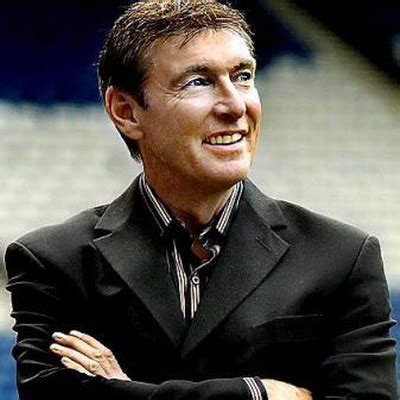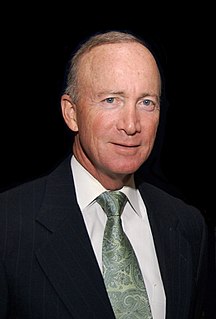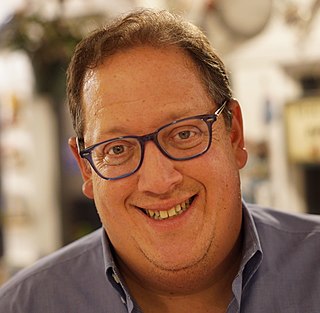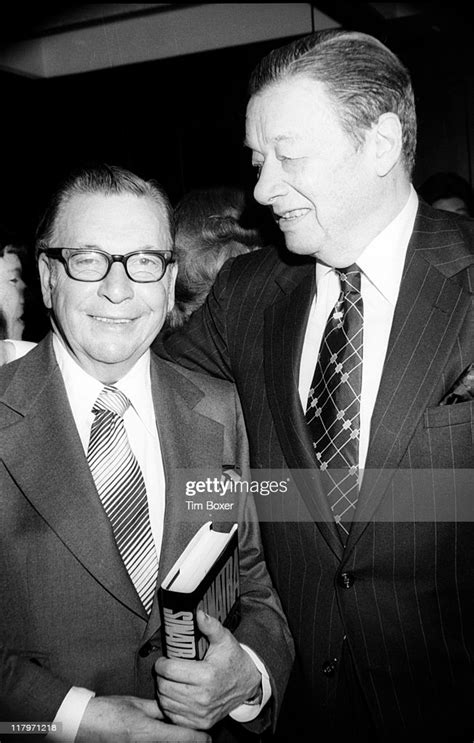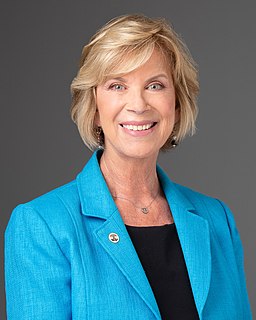A Quote by Gordon Smith
If policymakers are serious about avoiding a society of TV 'haves and have-nots,' they should refrain from policies that favor pay-TV operators over the providers of our nation's only free and local communications system: over-the-air broadcasting.
Related Quotes
I oppose U.S. military intervention in Iraq. I believe that we should not send troops or engage in air strikes-our nation's military involvement needs to be over. The United States has already spent billions of dollars in Iraq while our nation has endured a crumbling infrastructure, cuts to our social programs, a lack of investment in job training and creation, and sadly, a failure to take care of our veterans. Let's focus our resources at home. Over 4000 men and women have sacrificed their lives for Iraq. That is enough.
